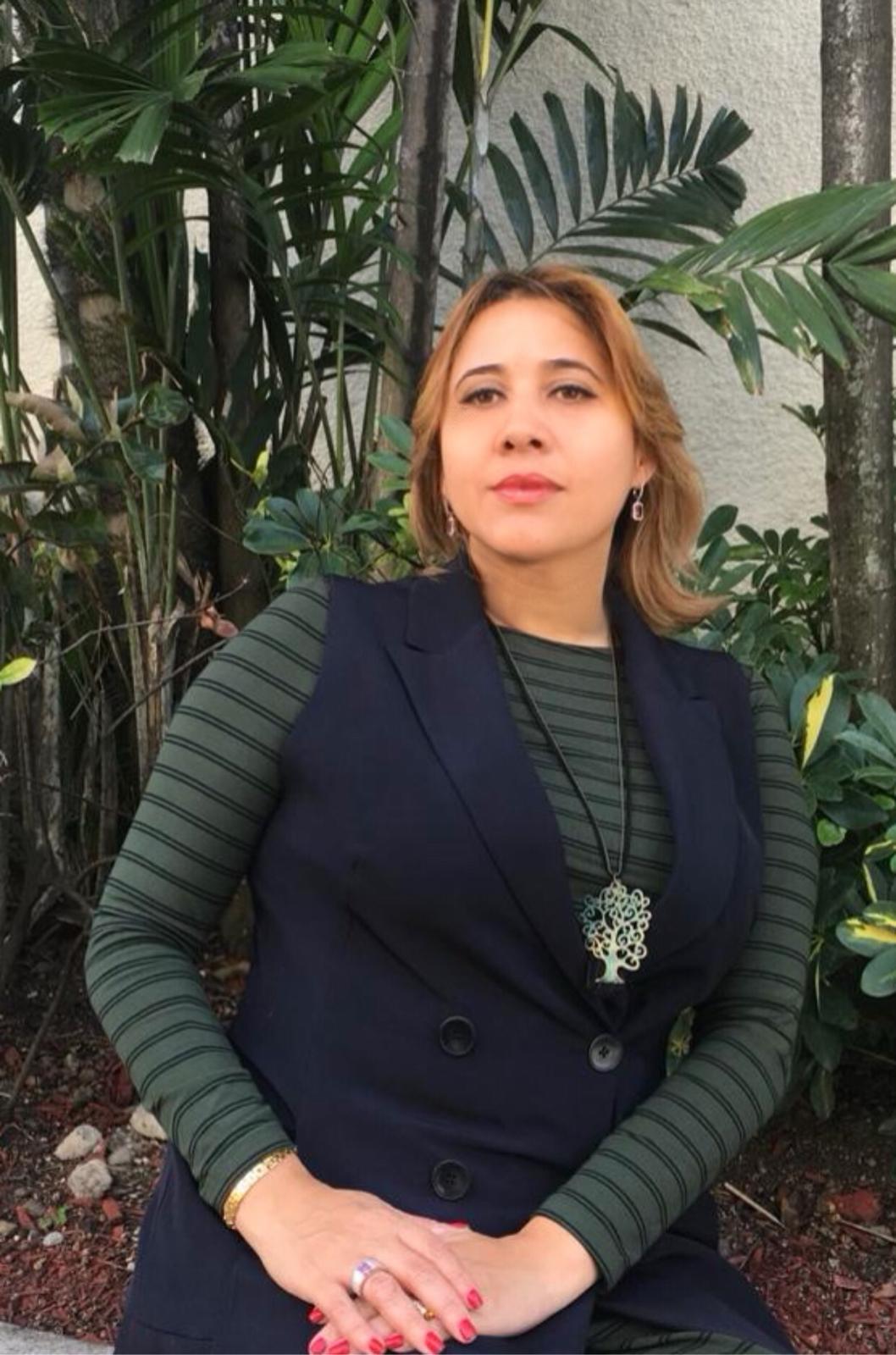INNER VIEW: Dra. Zuleika Morillo de Nieto
When I try to define from my humble opinion of the word passion, it is a force that mobilizes your whole being, filling it with energy and drive to give, and ultimately, from the depths of my soul, I believe that it is possible to recover from eating disorders. When I see the passing of the years from my beginnings of professional training I met these young girls with sad expressions and empty looks with a characteristic language of disability towards their being and with a theater of interpersonal relationships where they only represented the role of what their external world demanded. This is how there arises in me a prevailing need to understand more than to diagnose, now, desire requires training and interest implies that we get involved.
My beginnings with eating disorders go back to that time where we sought to enter these therapeutic support groups for children and adolescents with this condition, where I can remember with great affection a first-year young woman in psychotherapeutic training, who was assigned to supervise and with which I formed a wonderful combination of therapeutic intervention and where was the magic? In the joy and enthusiasm of working with each case, because I admit that one afternoon she told me how long ago she was one of those patients and today recovered she gave part of her life to help others. And so many stories that served as fertilizer to take each course, each training, each book that would take me to a living, ethical, human, and qualified encounter to approach my patients. Upon returning to Latin America, specifically to the Dominican Republic, it was born in me the need to research offers on the continent and in my country for this type of patient, finding a lack of this type of service. Therefore, we set up a comprehensive approach program with enthusiasm and hope of being able to provide quality, efficient, and effective care to these health conditions from our island. Also, we proposed that in each continuous training course where we participate or be invited, eating disorders should be given a place. Coming today to represent workshops and symposiums within the Latin American Federation of Child and Adolescent Psychiatry and related professions, which are not only recognized, as today they are continuously requested for the various events of the different societies that make up the federation.
All passion requires nourishment and one of the things that I recognize today has nourished me is meeting with iaedp™. Where I not only received updates, but the atmosphere of professional human solidarity and the closeness and empathy of great teachers allowed each meeting to renew and stimulate new challenges to improve our service. A professor once said that the qualities of a good therapist can be summarized with: 1) Adherence to a good diagnostic manual, 2) Link with your training school, and 3) creativity “Otto Kemberg”. To which I say that perhaps the third is the most important to be able to connect with the level of disturbance and suffering that our patients with eating disorders have. That is why every day we are ready to learn something new based on something old, that when we reread and study again, it can let us see that this condition has impacted humanity for a long time and that at the suggestion of social networks, advertising and many segments of society, of guaranteed success through the ideal of thinness, we face elusive and seductive scourges that we call eating disorders. Finally, add the importance of being able to prevent through the information that we are called to share in our communities. There are wonderful programs in which we have trained, such as the Body Image Program “BIP”, but something I have learned is that our being can become a generator of acceptance and love for ourselves through our personal experiences that after all, they are the ones that last and allow us to connect more deeply with patients and their families.






